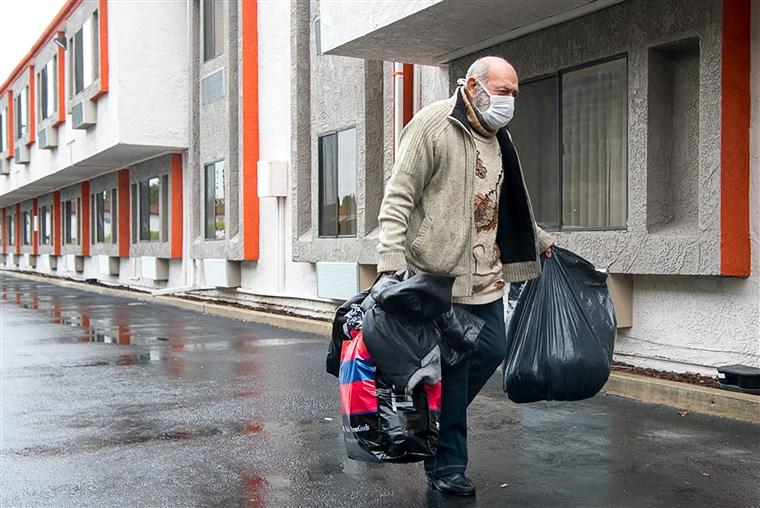By Tyler Dang | Staff Writer

Every year, nearly 3.5 million people experience homelessness, according to the National Law Center on Homelessness and Poverty. Recent trends show that those numbers increase by 200,000 every year. Especially during this difficult time, the issue of people lacking housing must become a higher priority.
Homelessness has grown since the COVID-19 pandemic began. Over 49 million individuals became unemployed last spring. Due to this heavy increase in unemployment, families were unable to support themselves and many of them lost their homes.
To add insult to injury, many families struggled to find shelter, as social distancing rules lessened the number of available spots in homeless shelters.
It is also prevalent that those without housing struggle to find warmth, especially during the winter, and this can lead to death.
Not only are adults experiencing homelessness, but nearly a third of the 3.5 million homeless population are children.
Since children without housing often lack the ability to go to school, there is a large learning barrier for them, especially for those facing migration issues. These include difficulty of diagnosis – not being identified for special needs – and lack of a parent to represent the child, according to a legislative provision by the National Center for Homeless Education.
According to LAScandal.org, children without homes are four times more likely to develop learning disabilities compared to non-homeless children.
The website caringworksinc.org states that homelessness affects everyone. In attempts to reduce homelessness, we can drastically reduce crime and help others reach their potential in life.
The most immediate assistance needed is safe shelters for those without homes. This is followed by free health care – both physical and mental. Finally, job opportunities are needed in order to bring marginalized people back into society.
By donating to local homeless shelters or to the Salvation Army, individuals can give these programs enough funds to increase the number of shelters or, minimally, provide more warm food and clothing to those in need. Volunteering at homeless shelters, too, can make a huge difference in others’ lives.
Helping those without homes has many benefits, ranging from providing children with shelter and education, to giving adults the opportunity to work and improve their futures. All of this benefits our communities, so when we help people without housing, we also help ourselves.






